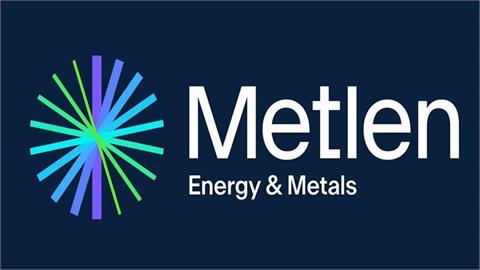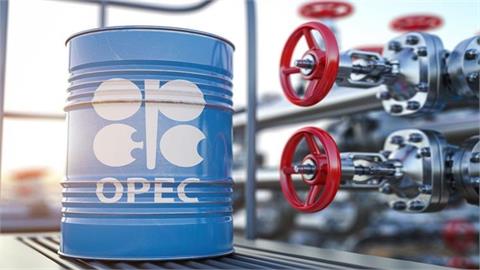Shell reported second-quarter profit of $6.3 billion, a drop of 19% from the previous three months, as refining margins and oil and gas trading weakened, though still beating analysts' forecasts.
The results were nearly 25% higher than a year earlier, however, in a sign that CEO Wael Sawan's drive to cut costs and improve performance is kicking in.
The British company also said it would buy back a further $3.5 billion in shares over the next three months, at a similar rate to the previous quarter. It kept its dividend unchanged at 34 cents per share.
On Tuesday, BP raised its dividend by 10% after reported forecast-beating earnings of $2.8 billion. Last week, France's TotalEnergies reported a 6% drop in second quarter profits hurt by weaker refining margins.
Exxon Mobil and Chevron report on Friday.
Under Sawan, who took office in January 2023, Shell has scaled back renewables and hydrogen operations, retreated from European and Chinese power markets and sold refineries in order to focus on higer margin businesses, primarily in oil and gas.
Shell said it achieved cost reductions of $700 million in the first half of 2024, taking to $1.7 billion the total of such cuts since 2022, as part of a savings target of $2 billion to $3 billion by 2025.
"Today’s results show continued strong operational performance," RBC Capital Markets analyst Biraj Borkhataria said.
WEAKER TRADING
Shell's second-quarter adjusted earnings, its definition of net profit, exceeded analysts' expectations of $6 billion.
They rose from $5.1 billion a year earlier but were lower than the $7.7 billion profit Shell booked in the first quarter.
The quarterly fall reflected lower prices and sale volumes as well as weaker trading at Shell's flagship liquefied natural gas division, which were a result of seasonally lower demand. LNG volumes were also lower because of plant maintenance.
Lower refining margins and weaker oil trading also weighed on the results, which were nevertheless offset by stronger-than-expected earnings in the oil and gas production and marketing divisions.
Shell took an impairment of $708 million after the sale of its Singapore refinery. It also took a $783-million impairment after it paused construction of one of Europe's largest biofuel plants a year before it was planned to go online, citing weak market conditions.
(Reuters, August 1, 2024)



